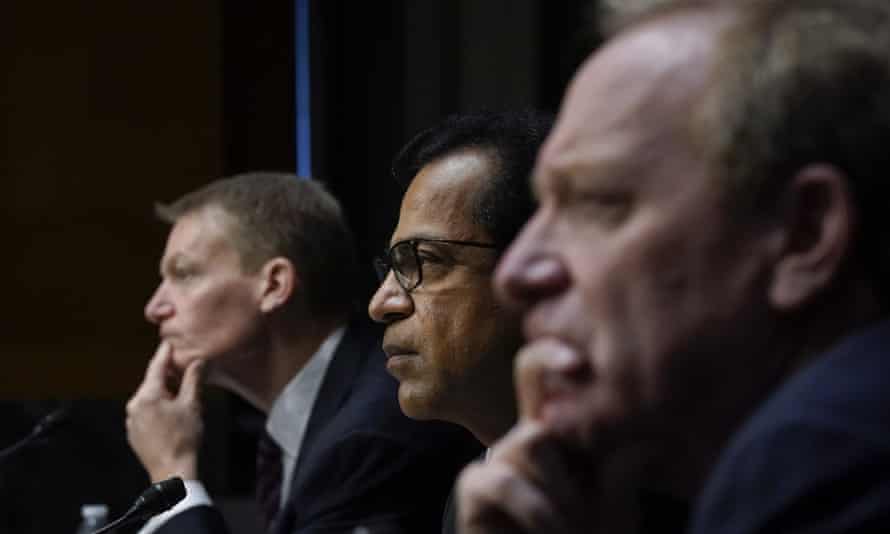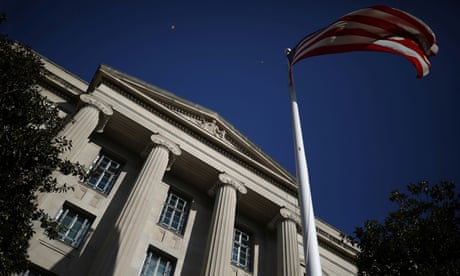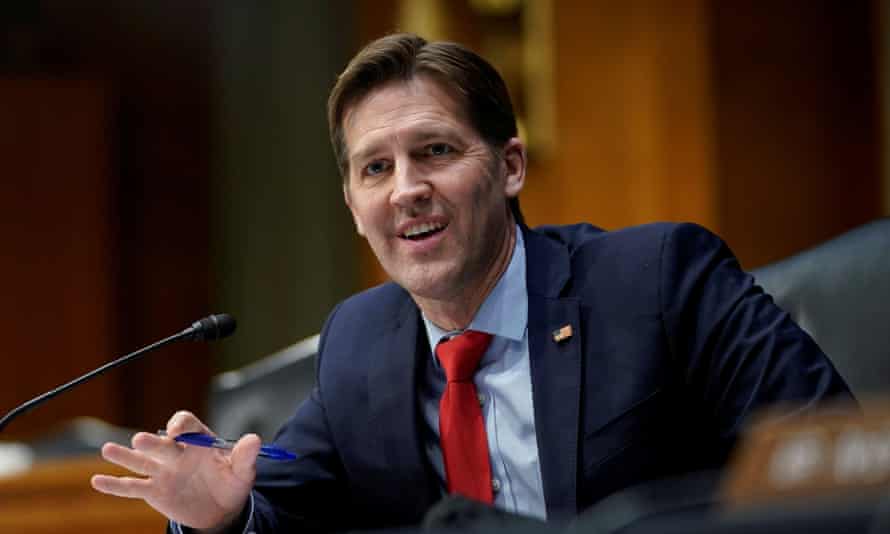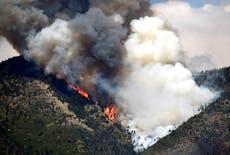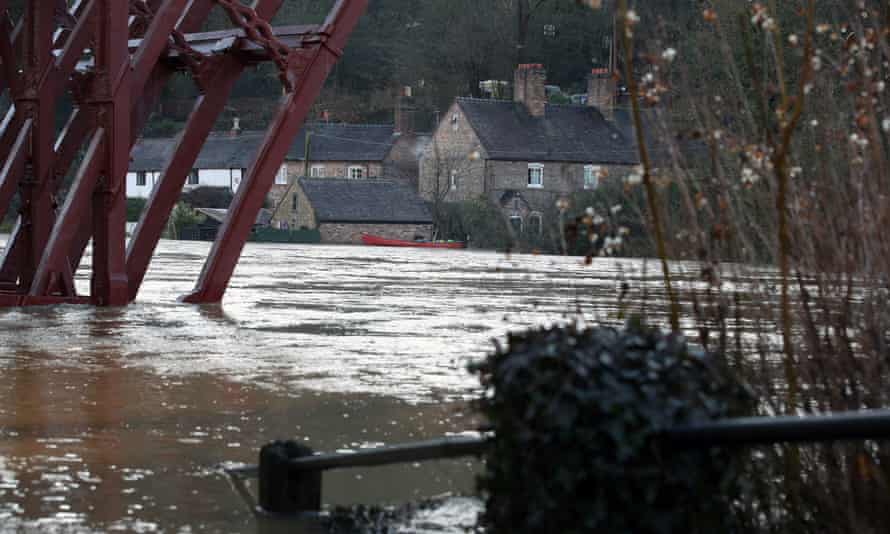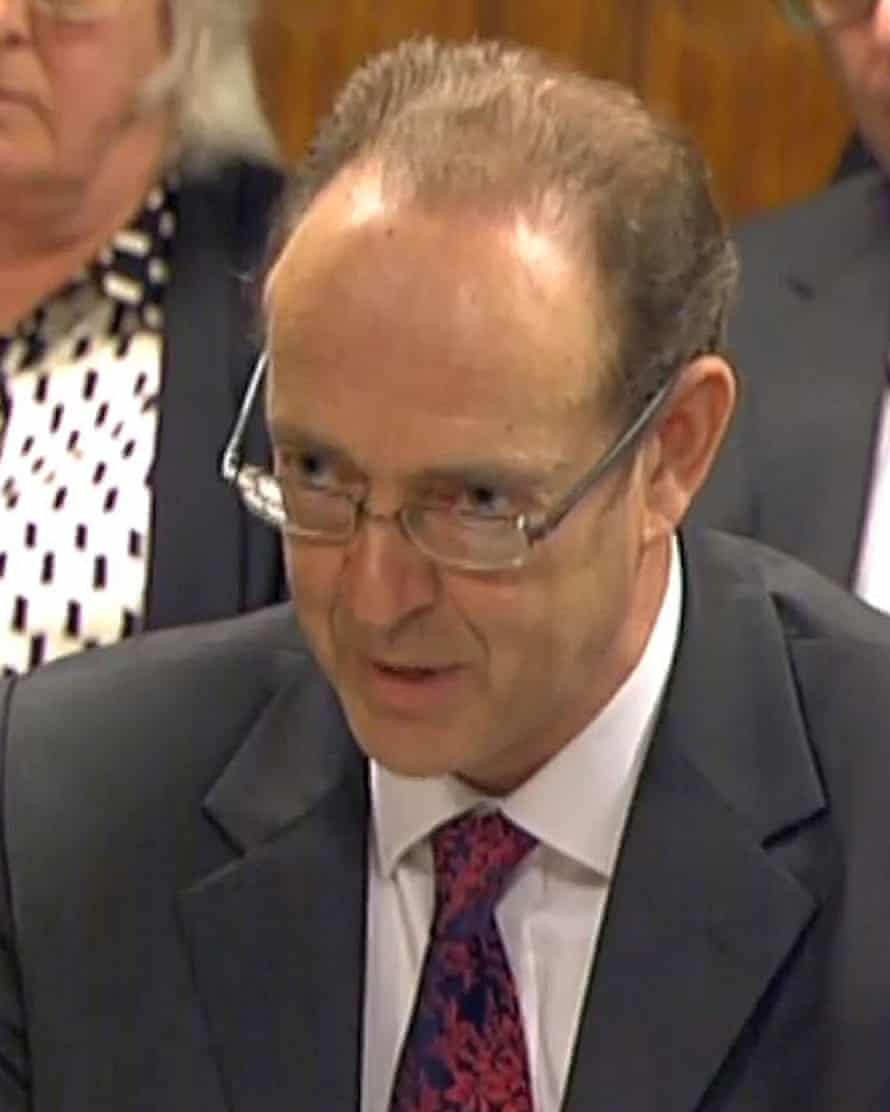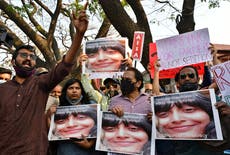Worldwide renewables growth rate must rise to meet climate targets – German engineers
Clean Energy Wire / Spiegel
Renewables expansion in Germany and across the world is insufficient to help keep global temperature rise below 1.5°C, a key goal of the Paris Climate Agreement, said the Association of German Engineers (VDI). In a renewable energies development status report for 2019, VDI says that use of clean energy sources worldwide showed the strongest growth in the power sector, with solar power in the lead of fastest growing green generation sources. However, renewables in heating stagnated – dominated by biomass – and there was only limited expansion in the transport sector.
The report is published as the German government enters the critical phase of negotiations about more ambitious renewables expansion targets. The Social Democrats (SPD) plan to present proposals this week to the conservative coalition partners CDU and CSU on how to speed up the development of new installations, reported Der Spiegel. The coalition had agreed to raise expansion targets by the end of March and speed up permitting procedures, but there are still major open questions, the magazine wrote.
Germany’s renewables expansion has been lagging in recent years, especially in onshore wind power. The country is facing a green power gap, as demand will increase with the electrification of sectors such as heating and transport. The government has set itself the goal of reaching a renewables share of 65 percent of power consumption by 2030 – and has said it would increase this target should new EU goals command this.


